Digitisation Week Breakfast – 22 October 2025
In late October Blind Low Vision invited me to speak to the Minister of Disability Services - the Honorable Louise Upston. This was an event hosted by BLVNZ as part of Digitisation week. I joined the Minister and BLVNZ CEO Andrea Midgen in discussing the need for digital accessibility.
This is my speech...
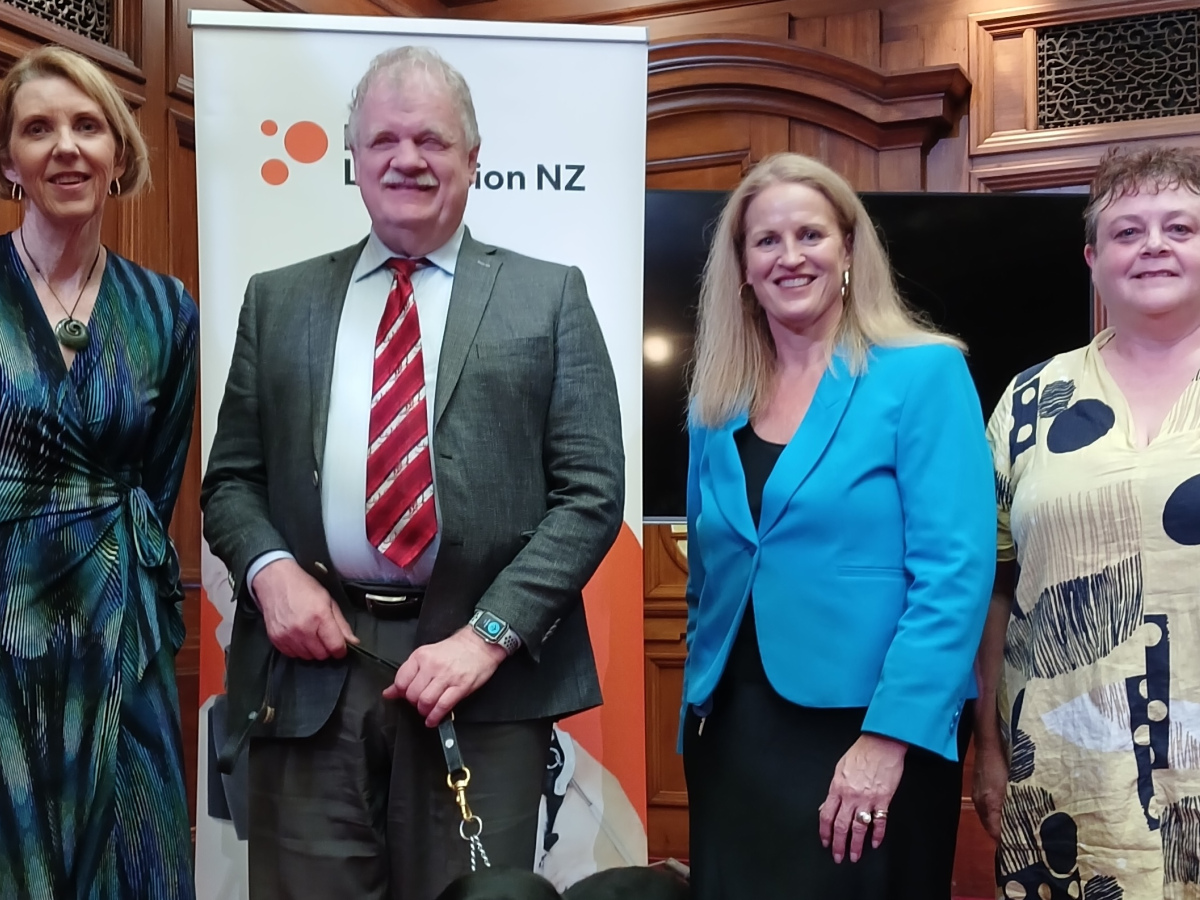
Ngā mihi nui ki a koutou i tēnei ata.
Ko Chandra Harrison tōku ingoa. I’m the Managing Director of Access Advisors, a digital accessibility consultancy.
<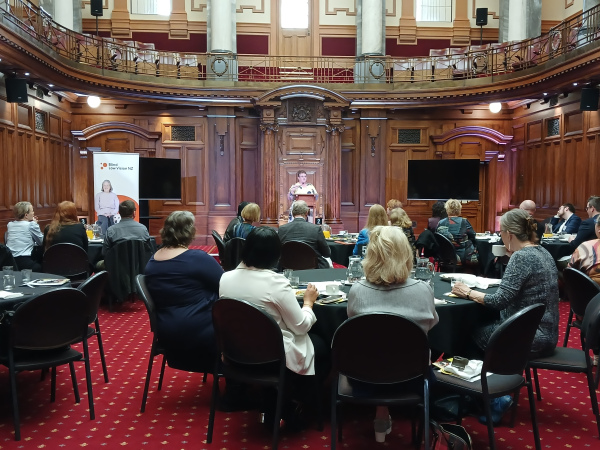 Before I get started I’d like to thank you all for coming to be part of this important conversation especially so early and in such crazy weather. Ministers, ladies and gentlemen and the folk from Blind Low Vision, invited guests, thank you.
Before I get started I’d like to thank you all for coming to be part of this important conversation especially so early and in such crazy weather. Ministers, ladies and gentlemen and the folk from Blind Low Vision, invited guests, thank you.
So to my story, I live with a disability and a couple of chronic illnesses, and have spent 25 years helping to make the digital world more accessible.
Initially, I completed a PhD in the UK about accessibility, then helped businesses who were required to build accessibility into their products and services, long before it was on the radar here. Businesses like Sainsbury’s made accessibility a priority even requiring their suppliers to comply before they would do business with them.
Six years ago, I took over Access Advisors from Blind Low Vision and now we help organisations across the motu understand how digital accessibility isn’t just a nice-to-have, it’s a must-have.
Today, I’d like to talk about why digital accessibility is everyone’s business, why it makes good business sense and why we need legislation to make it happen.
The basics
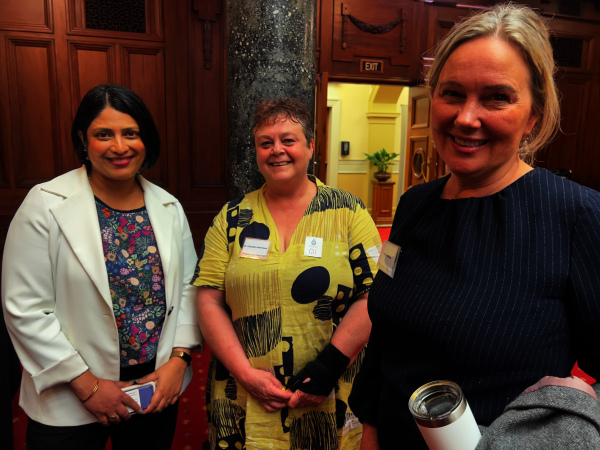
Digital accessibility means making sure everyone can use websites, apps, and digital tools easily and independently. That includes tāngata whaikaha Māori, disabled people, older adults, and those with temporary or situational impairments.
It’s about choice, dignity, and inclusion.
It is also about economic opportunity and greater reach
In these tough economic times, businesses and government need to reach as many people and potential customers as possible, both here and overseas.
Thinking locally, here are some facts
- Statistically speaking 1 in 5 New Zealand have a permanent disability
- The average spending power of disabled kiwis is estimated to be $1.26 billion per week
- Many disabled consumers will click away from inaccessible websites spending elsewhere
- These are often the people who need the most support and information from government.
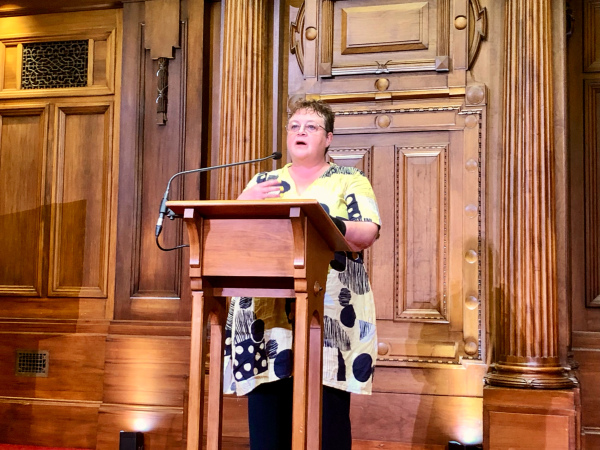 By embracing the needs of disabled people and making your digital solutions more accessible you will:
By embracing the needs of disabled people and making your digital solutions more accessible you will:
- Increase sales, market share, and reach, by including those currently excluded
- Make transactions easier for everyone
- Improve user satisfaction and loyalty
- Reduce the risk of bad publicity or legal action
- Reduce costs for physical locations and customer service
- Future-proof your organisation for our ageing population.
The work needed to improve accessibility isn’t an empty cost, it is a sound economic investment.
It’s also about risk mitigation
Digital accessibility and related legislation is already well established elsewhere.
The UK and US have been implementing digital accessibility for decades and the EU Accessibility Act is now in place. Even our neighbours in Australia have implemented legislation almost identical to the EU legislation avoiding costs of reinventing the wheel.
These countries set clear expectations of what is acceptable ...
Businesses that don’t comply face legal action, reputational damage, and lost customers. Government departments risk excluding people from services and vital information.
As far back as 1999, a blind man successfully sued the Sydney Olympics Organising Committee for discrimination because the website was inaccessible and he was excluded. The remediation and reputational costs were huge.
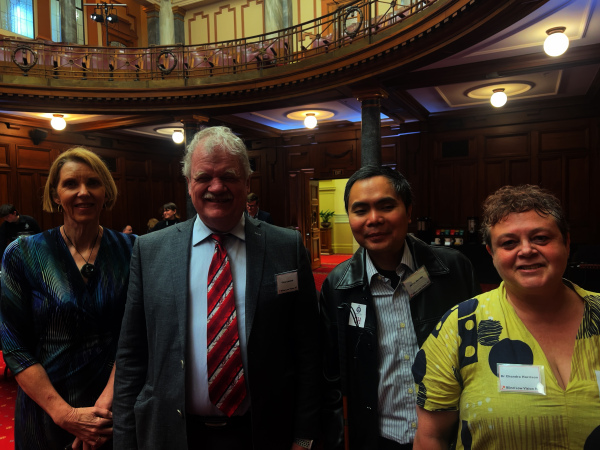 Even without legislation here, these risks impact kiwi businesses wanting to sell in those countries.
Even without legislation here, these risks impact kiwi businesses wanting to sell in those countries.
If our products don’t comply, New Zealand businesses still face the consequences. For example, one of our largest SAAS companies faced a very real threat of litigation when selling in the US, forcing them to become one of the largest employers of accessibility specialists in NZ to address the issues.
The rise in accessibility-related lawsuits overseas, and ones that impact NZ businesses, highlights the very real legal and financial risks of non-compliance, including substantial fines, reputational damage and expensive remediation.
Even Local government organisations in the UK are regularly reviewed and their level of accessibility is publicly available, ranked on a website for all to see.
Unfortunately, New Zealand is lagging far behind
The Government Digital Accessibility Standard is a good start, and the guidelines are readily available. As a digital accessibility consultancy we are even seeing a little increase in demand from organisations who have awareness and budget.
But it’s not enough.
- Uptake is slow.
- Many organisations have very little understanding of why accessibility is important and should be a priority
- No one is checking the websites for accessibility
- And currently there are no consequences if they aren’t compliant
- I believe we need to raise awareness about the need for prioritising digital accessibility
We need to encourage New Zealanders to report inequity. And we need to legally require everyone to make their digital platforms accessible and hold them accountable
Digital accessibility is achievable – and we know it’s worth it.
...and did I mention it is a human right
On that note, The NZ government ratified the UN Convention on the Rights of Persons with Disabilities back in 2008, the convention mandates the right to access digital information and services. It’s time to honour that promise and fully embed digital accessibility.
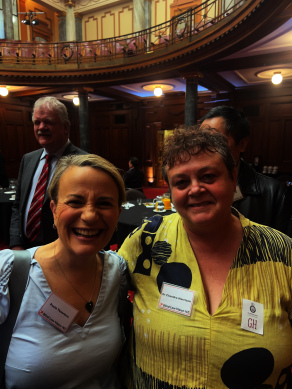 As the government moves to digitise public services, innovate and embrace new technology, it must also ensure that no one is excluded, that digital accessibility isn’t an afterthought. It is essential for equity, inclusion, and public trust.
As the government moves to digitise public services, innovate and embrace new technology, it must also ensure that no one is excluded, that digital accessibility isn’t an afterthought. It is essential for equity, inclusion, and public trust.
If we want to ...
- Be competitive and comparable internationally
- Implement innovative digital public services and be ‘digital first’
- Uphold our obligations under the UNCRPD
- Future-proof for our ageing population
...then we need Digital Accessibility Legislation and investment in fully accessible digital services, now. If we don’t act now, we’ll be falling even further behind our neighbours across the Tasman
So here’s my wero, my challenge
To ensure that Aotearoa is a place where everyone can participate fully online
Let’s
- Act now, not wait any longer
- Implement Digital Accessibility Legislation to ensure we can compete globally
- Embed digital accessibility into our everyday mahi – not just in policy
- Encourage businesses to take the lead –because it’s the right thing and because it is profitable.
Digital accessibility is not just a human right. It is a smart investment in Aotearoa’s future.
Thank you again for giving me space to share my story and issue my wero.
Ngā mihi nui
